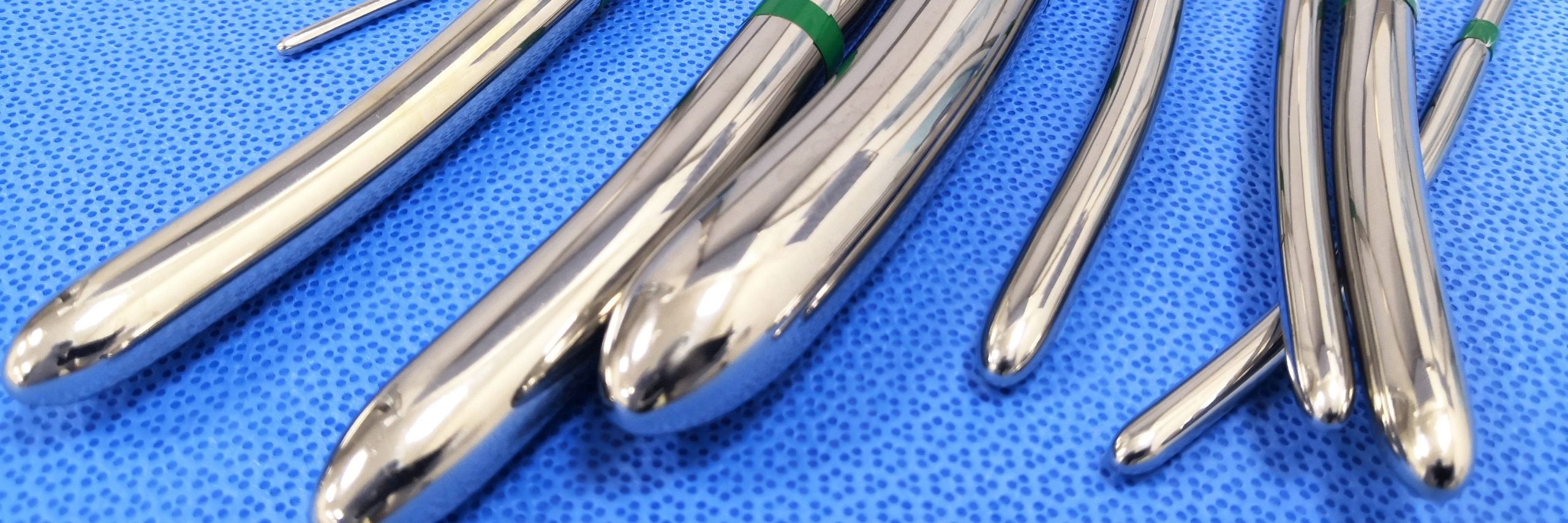Our aim was to describe the reproductive decisions and outcomes of BRCA-positive patients who used preimplantation genetic testing for monogenic disorders (PGT-M).
We performed a retrospective case series of all PGT-M cycles for BRCA variants between 2010-2021 at a large urban academic fertility center. All patients who underwent ≥ 1 cycle of IVF with PGT-M for BRCA1 or BRCA2 were included. The primary outcome was total number of BRCA-negative euploid embryos per patient.
Sixty four patients underwent PGT-M for BRCA variants. Forty-five percent (29/64) were BRCA1-positive females, 27% (17/64) were BRCA2-positive females, 16% (10/64) were BRCA1-positive males, 11% (7/64) were BRCA2-positive males, and one was a BRCA1 and BRCA2-positive male. There were 125 retrieval cycles with PGT-M, and all cycles included PGT for aneuploidy (PGT-A). Eighty-six percent (55/64) of patients obtained at least one BRCA- negative euploid embryo, with median of 1 (range 0-10) BRCA-negative euploid embryo resulted per cycle and median 3 (range 0-10) BRCA-negative euploid embryos accumulated per patient after a median of 2 (range 1-7) oocyte retrievals. Sixty-four percent (41/64) of patients attempted at least one frozen embryo transfer (FET) with a total of 68 FET cycles. Fifty-nine percent (40/68) of embryos transferred resulted in live births. Subgroup analysis revealed different reproductive pathways for BRCA1-positive females, BRCA2-positive females, and BRCA1/2-positive males (p < 0.05).
PGT-M is a viable option for BRCA-positive patients to avoid transmission while building their families. Most patients in our cohort achieved pregnancy with BRCA-negative euploid embryos.
© 2023. The Author(s), under exclusive licence to Springer Science+Business Media, LLC, part of Springer Nature.















